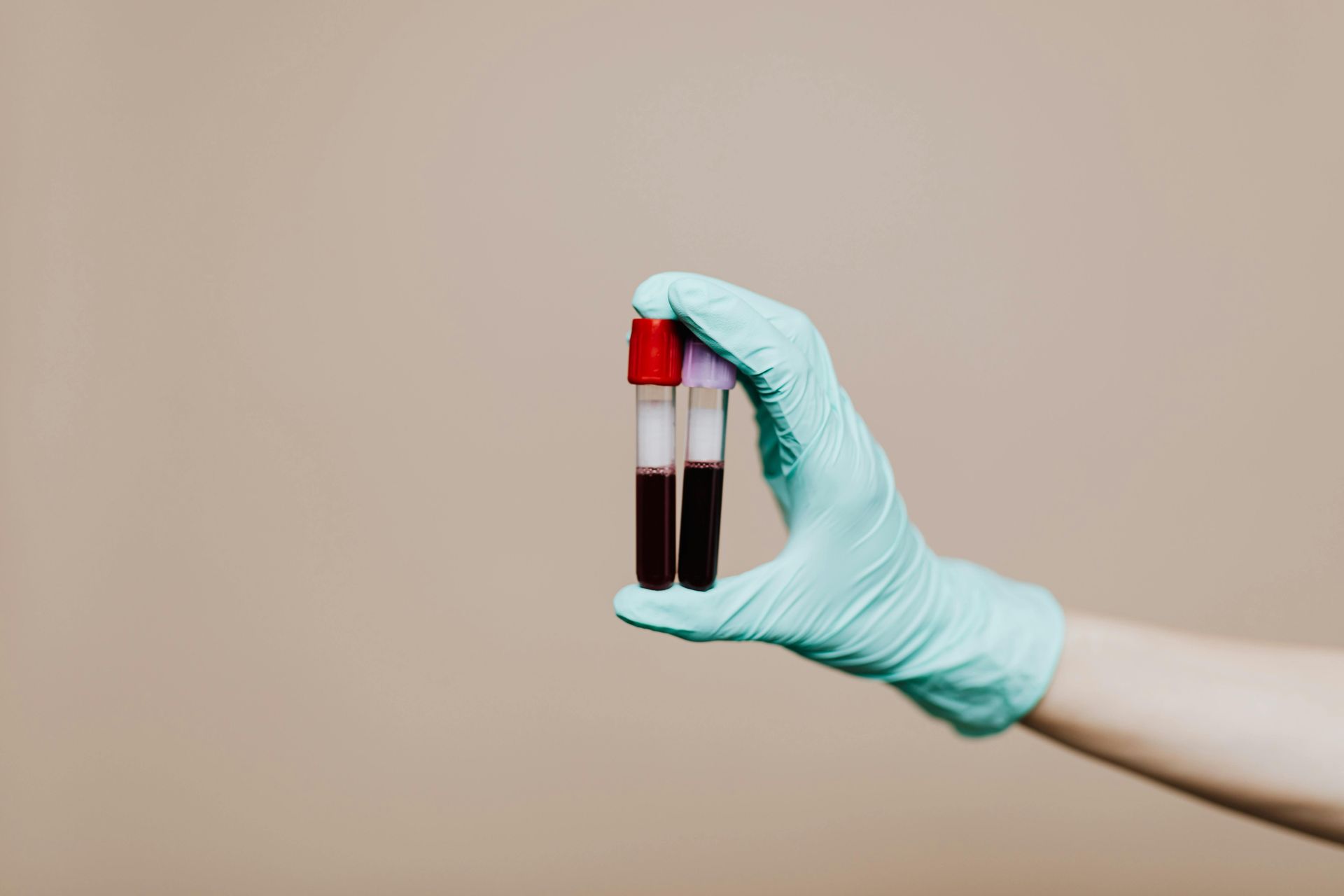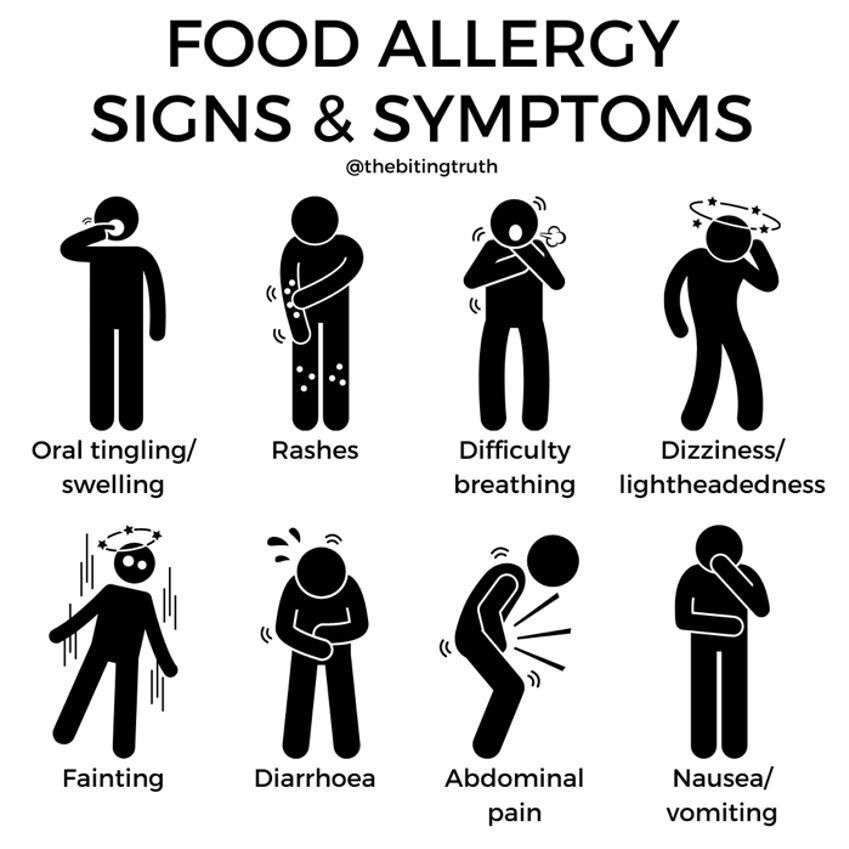Women's Preventative Health: A Comprehensive Guide
Preventative health screening is an essential aspect of women's healthcare, aimed at early detection and prevention of diseases.

This proactive approach to health allows for early intervention, reducing the risk of serious complications and improving the chances of successful treatment. In this post, we will delve into the importance of women's preventative health and screenings, highlighting key tests that every woman should consider.
Understanding Preventative Health Screening
Preventative health screening refers to medical tests or examinations conducted even when a person shows no signs or symptoms of disease. These screenings are designed to detect potential health issues early when they are easier to manage or treat. For women, preventative screenings can help identify risks for conditions such as breast cancer, cervical cancer, osteoporosis, heart disease, and more.
The Importance of Women's Preventative Health Screenings
Women often juggle multiple roles in society – as professionals, caregivers, mothers – often putting their own health on the back burner. However, prioritizing personal health is crucial for long-term wellbeing. Regular preventative health screenings can help identify potential risks early on and take necessary steps to prevent them from escalating into serious conditions.
- Early Detection: Many diseases do not show symptoms until they have progressed significantly. Regular screenings can detect these conditions in their early stages when they are more manageable.
- Prevention: Some screenings offer vaccination against certain types of diseases like HPV (Human Papillomavirus), which can lead to cervical cancer.
- Improved Health Outcomes: Regular check-ups and screenings lead to better overall health outcomes by promoting healthier lifestyles and enabling timely medical interventions.
Key Preventative Health Screenings for Women
Several preventative health screenings are recommended specifically for women based on age, family history, lifestyle habits and other risk factors. Here are some key ones:
- Breast Cancer Screening: Mammograms are the most common screening test for breast cancer. Women aged 40 and above should consider annual mammograms, especially if they have a family history of the disease.
- Cervical Cancer Screening: A Pap smear test is recommended every three years for women aged 21 to 65. This test can detect abnormal cells in the cervix that might lead to cervical cancer.
- Bone Density Screening: Women aged 65 and older, or those at high risk, should consider a bone density test to screen for osteoporosis—a condition that weakens bones and makes them more prone to fractures.
- Cardiovascular Screening: Heart disease is the leading cause of death among women. Regular cholesterol checks, blood pressure monitoring, and other heart health screenings can help detect cardiovascular issues early.
- Diabetes Screening: Women with risk factors such as obesity, high blood pressure, or a family history of diabetes should get screened regularly.
- Mental Health Screening: Mental health is as important as physical health. Regular screenings can help identify symptoms of depression, anxiety, and other mental health conditions early on.
Conclusion
Women's preventative health and screenings are an integral part of maintaining overall wellbeing. By prioritizing regular check-ups and screenings, women can take control of their health, prevent potential diseases from progressing unnoticed, and live healthier lives. Remember that while this guide provides general recommendations, it's essential to consult with your healthcare provider about which preventative health screenings are right for you based on your personal medical history and lifestyle factors.
Did you find our post useful? Watch our short video below on 'The Importance of Preventative Health Screening'. Follow us on Facebook and Instagram for more handy tips on medical testing and health conditions.
Our recent posts











